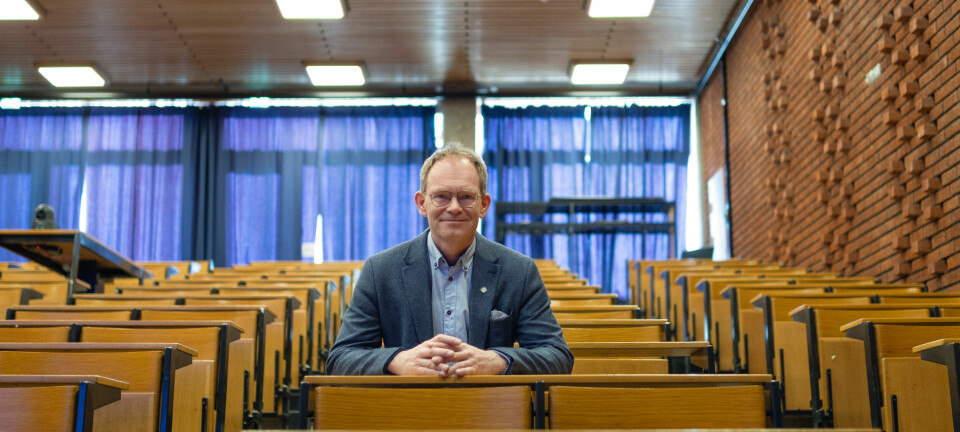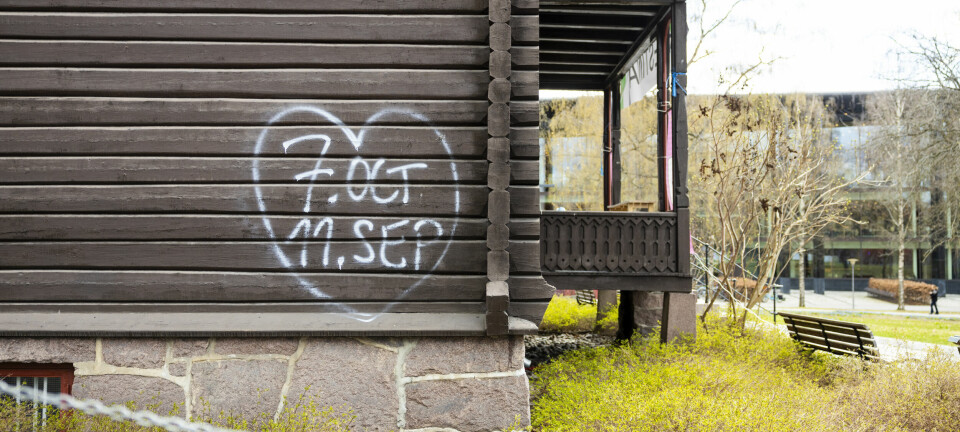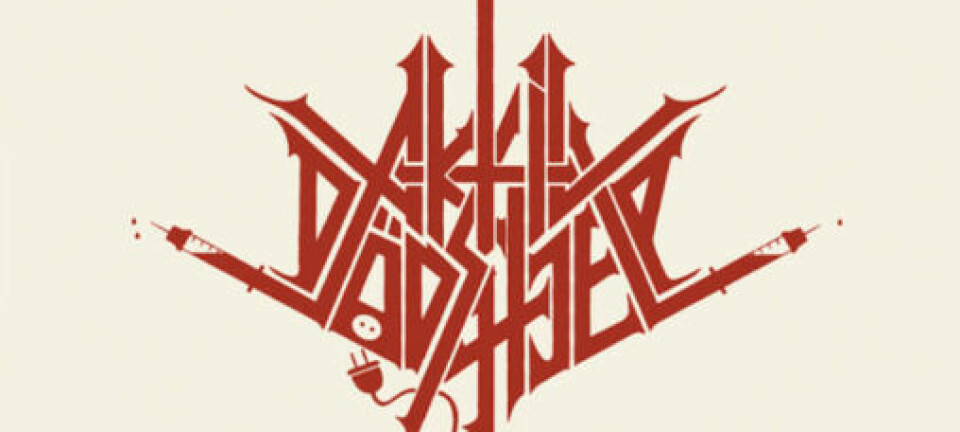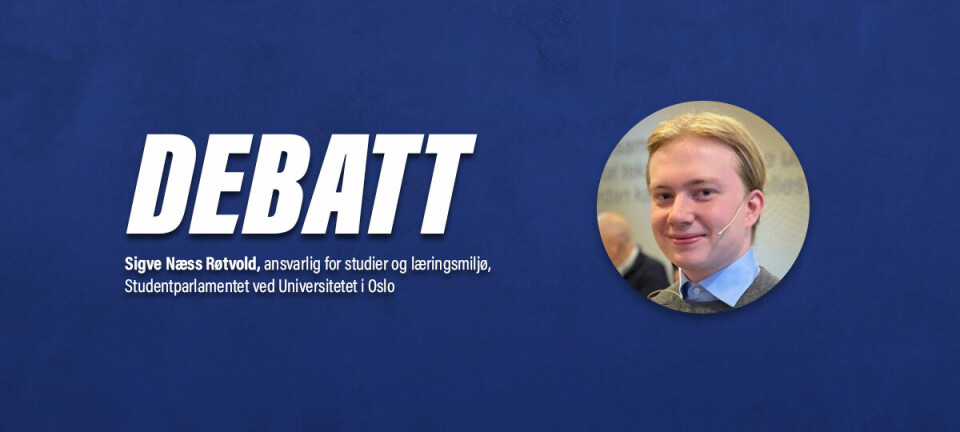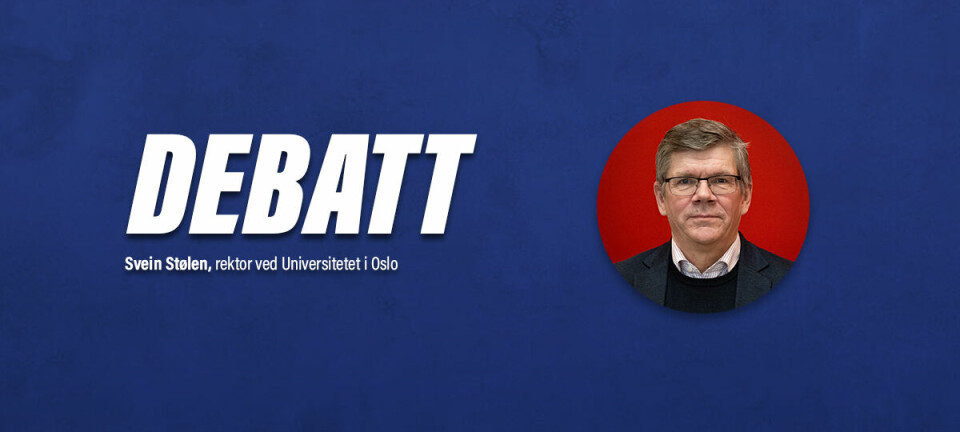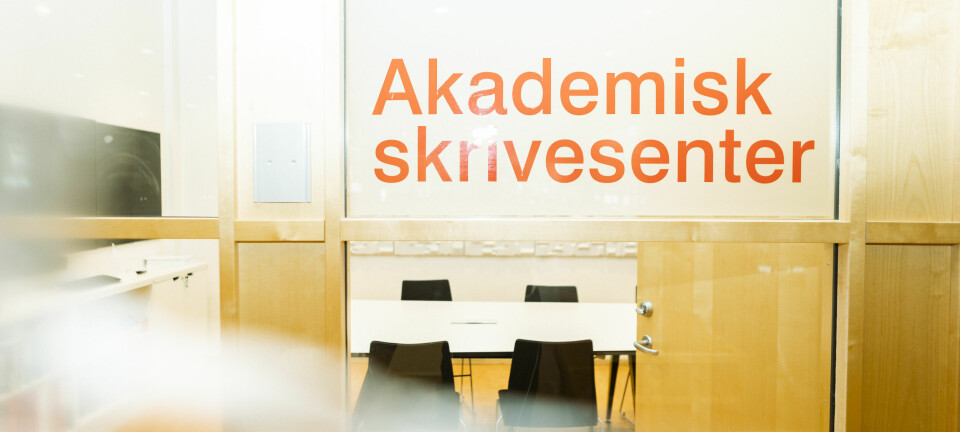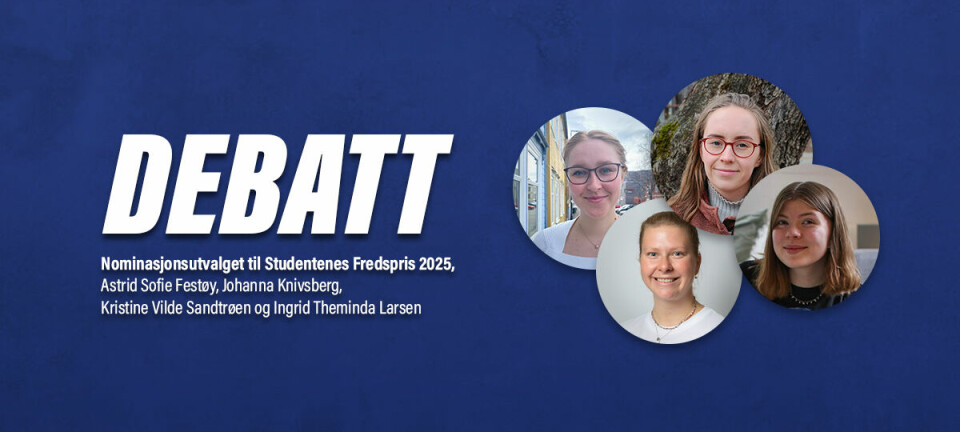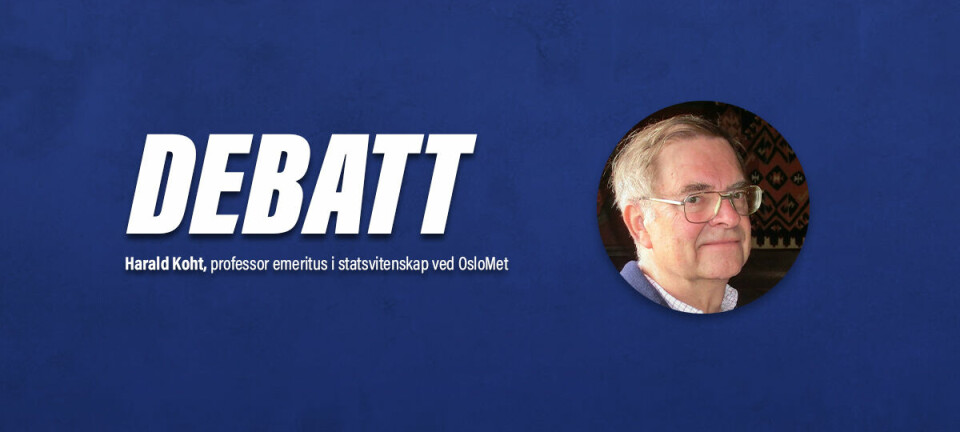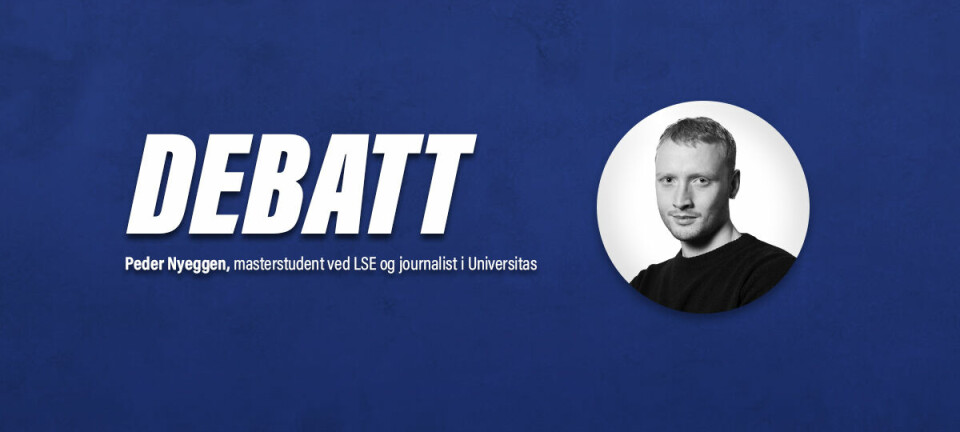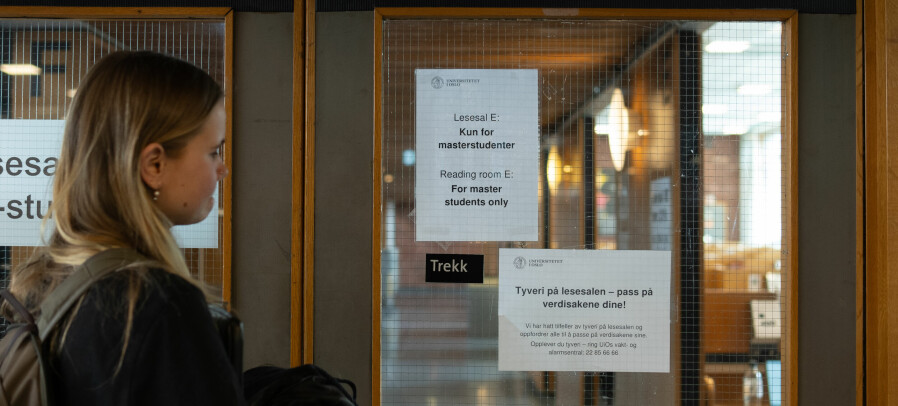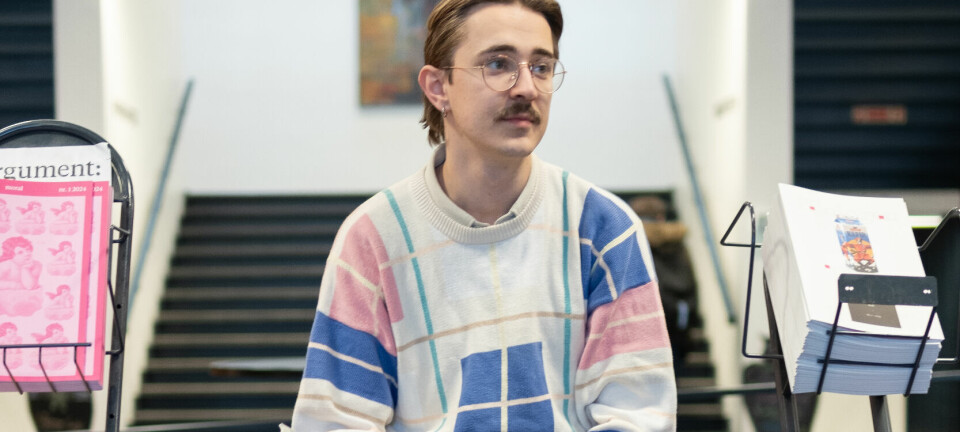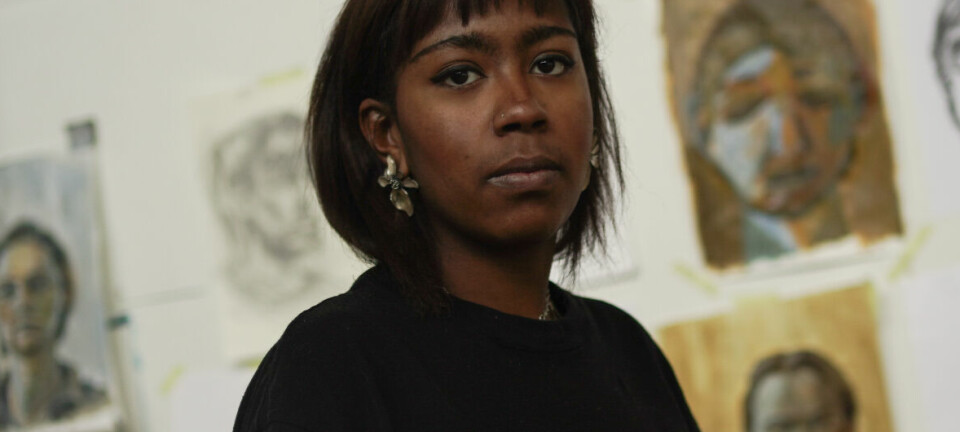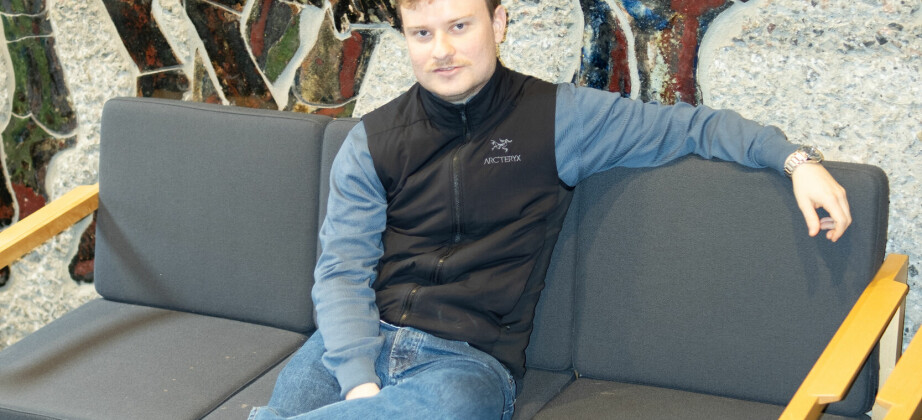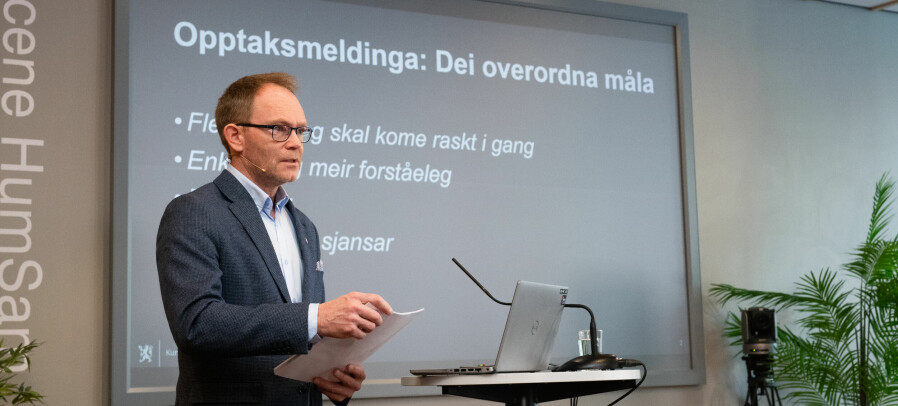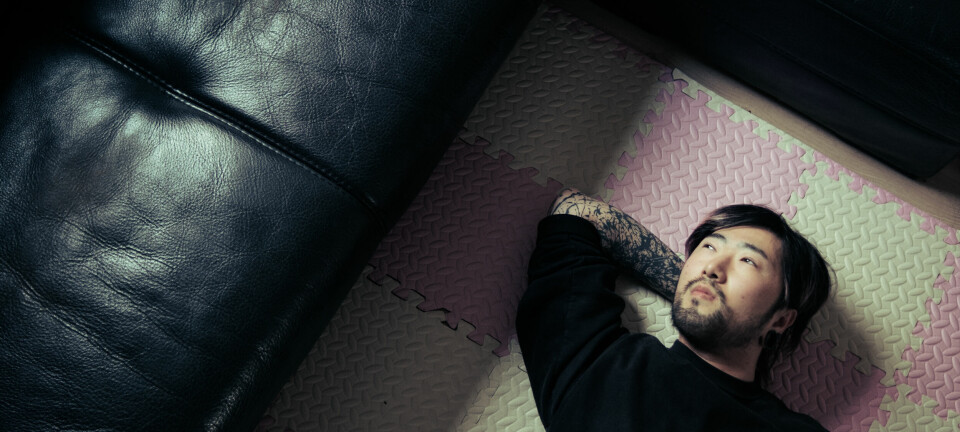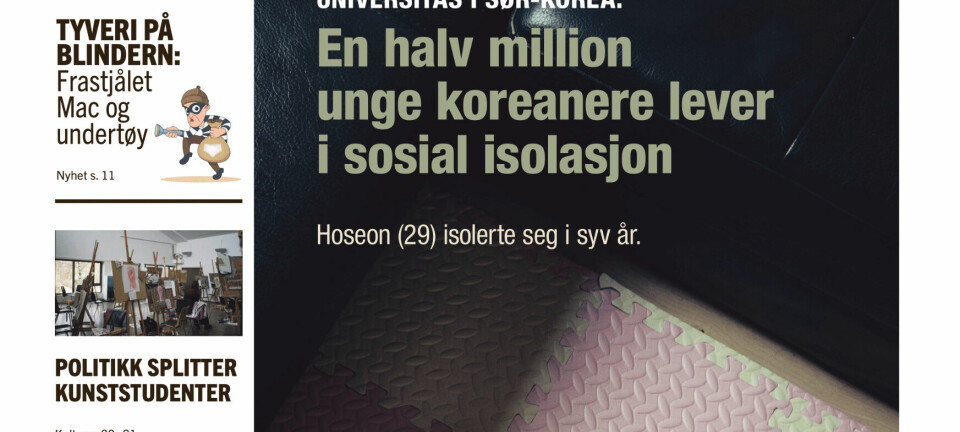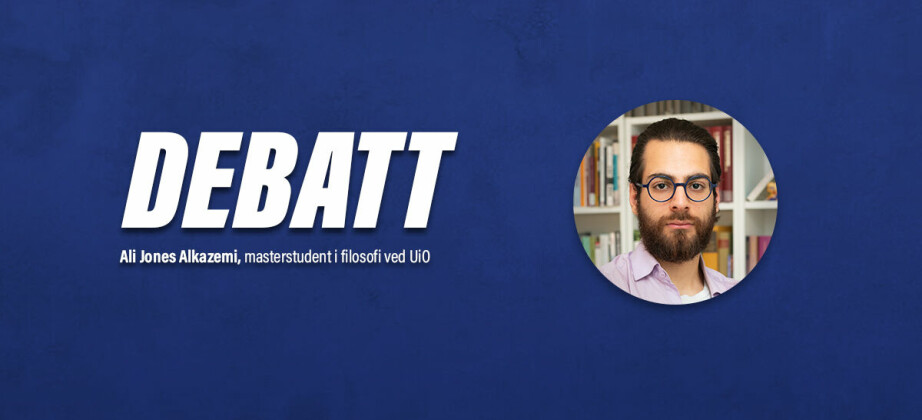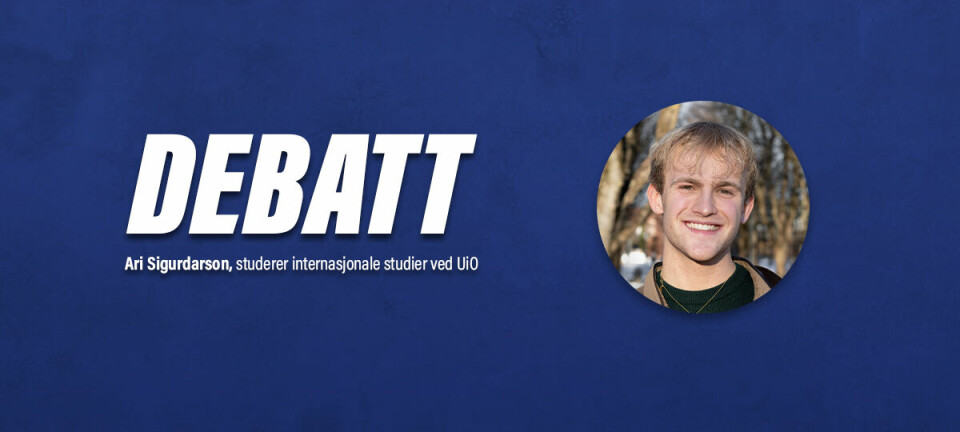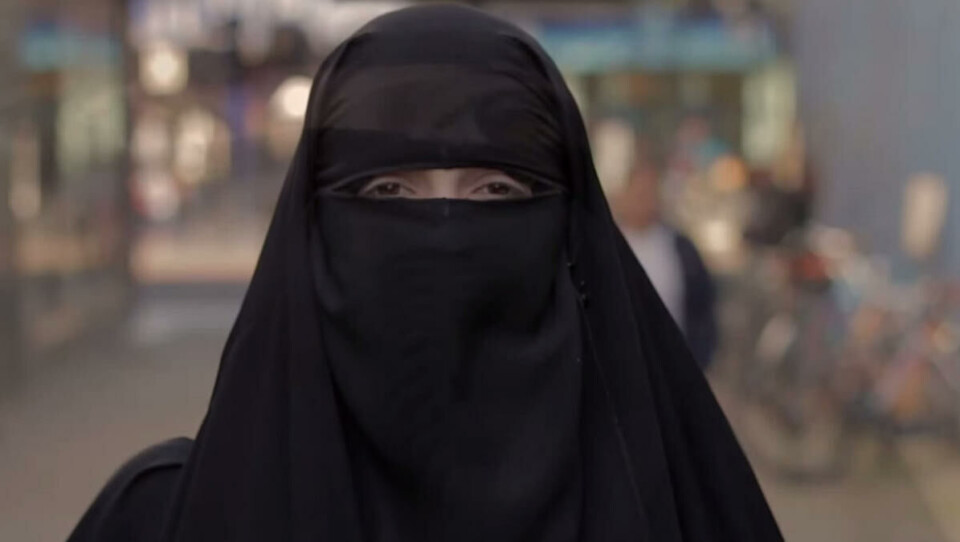
Four out of ten students want a niqab ban
A small majority of Norwegian students believe wearing a niqab should be prohibited in places of higher education, but the National Union of Students in Norway (NSO), Oslo Metropolitan University (OsloMet), and the University of Oslo (UiO) are against a ban.
In a new survey performed by Sentio for Universitas and NSO, 41 percent of Norwegian students state they want the niqab banned from universities and colleges, whereas 39 percent do not.
Not changing their stance
The Norwegian government proposed a ban on the garment in higher education in 2017. The National Union of Students in Norway (NSO) was in opposition to the proposition and, as it now turns out, a large number of students.
«Such a slight plurality does not change NSO’s opinion,» Mats Beldo, NSO leader, said.
«There will always be issues where NSO’s opinion differs from what a survey shows, but we have to act in accordance to our own organizational democracy. Our politics are not created on the basis of surveys performed within the student mass,» he added.
UiO rejects proposed niqab ban
«The niqab creates fear»
Anne Birgitta Nilsen, professor at the Faculty of Education and International Studies at OsloMet, has researched multilingual communication. She does not find it surprising that the majority of students are in favor of a niqab ban.
«The niqab creates fear. I think that is because it is unfamiliar. Moreover, some associate the niqab with terrorism,» she said.
Nilsen finds it strange that something she considers a non-issue has become such a big deal.
«I have never seen any niqab-wearing [students] at [OsloMet], and I doubt there are that many at [UiO] either,» she said. This absence of women wearing niqabs could be part of the reason why students want them banned. Nilsen believes those who are used to socialize with people wearing niqabs will not experience the same fear.
The main argument for a niqab ban in academia is that the garment inhibits communication in education. Nilsen does not disagree with this, but says available research shows it is mainly people’s perceptions and emotions that complicate communication.
Calls for more research
NSO leader Mats Beldo believes the low number of women who wear niqabs in higher education today indicates that there are very few educational officials with actual experience in communicating with these women. In a hearing from September 2017 NSO writes that the basic knowledge must increase if any ban is to be implemented.
«We believe it is possible to find solutions for each the individual case, and that dialogue is better than a ban,» Beldo says.
Despite experiencing limited conflict on the issue within the organization, Beldo is not refusing the possibility of a reevaluation at the upcoming national convention.
«At the convention, the representatives have the opportunity to change their opinion in this case, as in any other,» he says.
This absence of women wearing niqabs could be part of the reason why students want them banned.
Anne Birgitta Nilsen, professor at OsloMet
Not problematic
After the government’s proposition was granted a hearing, UiO and OsloMet were clear they were against a ban.
Curt Rice, rector at OsloMet, finds it to be completely unproblematic that there is disagreement between the administration and the student body on this issue.
«One of the most important elements of higher education is that one is confronted with attitudes different from one’s own. That is something I want my students to experience,» he said.
Rice further believes that the ability to take a step back, listen to someone with a different opinion from one’s own and looking at something from a different perspective, is the core of education and development.
This absence of women wearing niqabs could be part of the reason why students want them banned.
Anne Birgitta Nilsen, professor at OsloMet
«I am pleased that the students, and myself when meeting with students, are allowed to think fresh,» Rice said.
Gro Bjørnerud Mo, Pro-Rector at UiO, argues that the University’s stance is in accordance with several of Norway’s institutions for higher education and student organizations.
«Despite the debate surrounding niqabs and the proposition being very polarized, students have not become any more skeptical towards the garment now than before. Compared to equivalent survey from 2014, the percentage of students who believe niqabs should be allowed in higher education has increased, whereas the percentage of those who feel they should not be allowed has remained the same,» she said.

